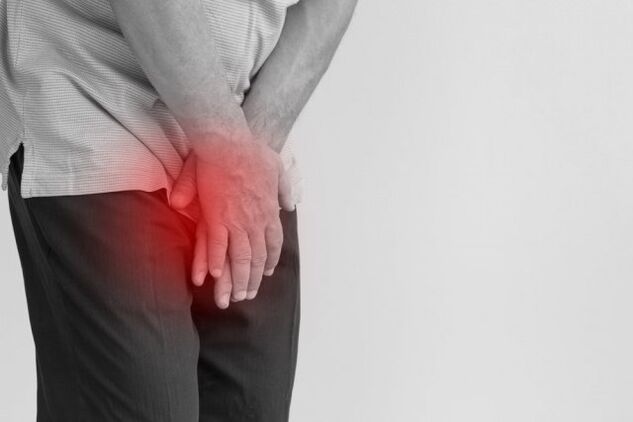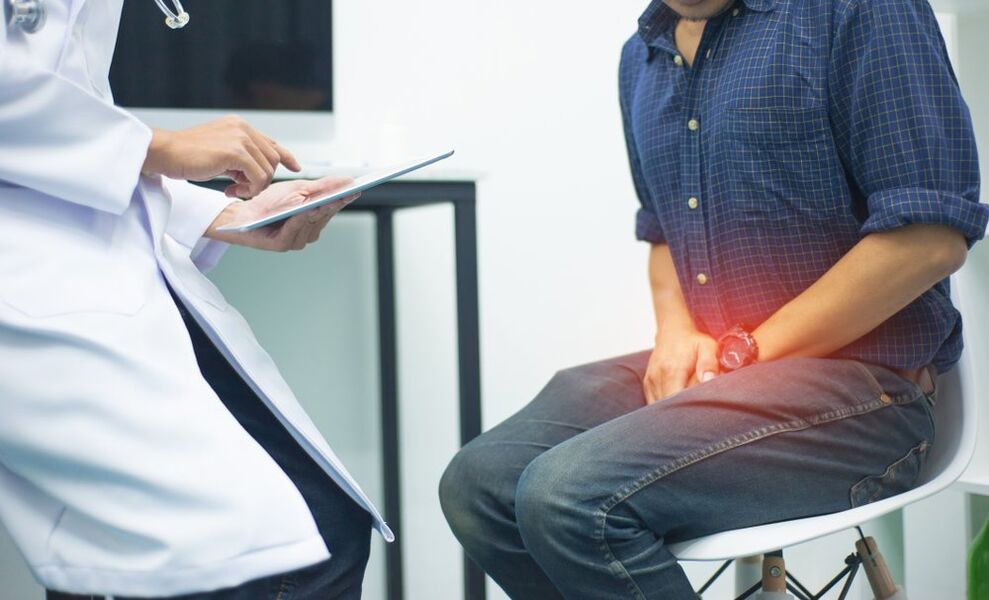
Prostatitis is a disease accompanied by acute or chronic inflammation of the prostate gland. Most often, this pathology is detected in men between 25 and 50 years old. In the vast majority of cases, this disease is associated with infectious flora, but there are exceptions. In this article we will talk about medications for prostatitis, we will see inexpensive but effective remedies.
Before talking about various medications, we emphasize that the use of any medication is possible only as prescribed by a doctor.
Antibacterial agents
If, according to the results of the examination, it was determined that the inflammation of the prostate is caused by bacteria, the first-line drugs are antibiotics.
The choice of a specific antibacterial agent depends on the sensitivity of the pathogen. For example, for prostatitis, macrolides and fluoroquinolones are often used.
In 2014, scientists published a study aimed at comparing the effectiveness of drugs from the macrolide group and fluoroquinolones in the treatment of chronic prostatitis. As a result, the macrolide antibiotic was found to be slightly better tolerated by patients and contributed to a longer freedom from relapse in the majority of men.
Alpha blockers

Another group of medications frequently prescribed for inflammatory lesions of the prostate are alpha blockers.
The purpose of these medications is to normalize urination by reducing the tone of the smooth muscle tissue of the prostate and bladder neck, reducing pressure in the urethra, and reducing resistance to urine flow.
Therefore, alpha blockers are indicated for those patients whose urination process is affected due to prostatitis.
Medicines in this group are almost equally effective. The choice of a specific medication is the responsibility of the treating physician.
Herbal preparations
Herbal remedies are included in a separate group of drugs for the treatment of prostatitis. Many of them are used successfully to combat inflammatory lesions of the prostate, they are inexpensive and very effective.
Examples include tablets or an oral extract containing the herbs St. John's wort and goldenrod, licorice roots, and rhizomes with echinacea roots.
According to the manufacturers, this drug has anti-inflammatory and analgesic effects, improves blood circulation in the prostate tissues and normalizes urination.
Another popular medicine is capsules containing extract from the fruits of the creeping palm tree. It has an anti-inflammatory and anti-edematous effect, thus improving urodynamics. In addition, this drug has antiandrogenic activity, which inhibits proliferative changes in prostate tissue.




































